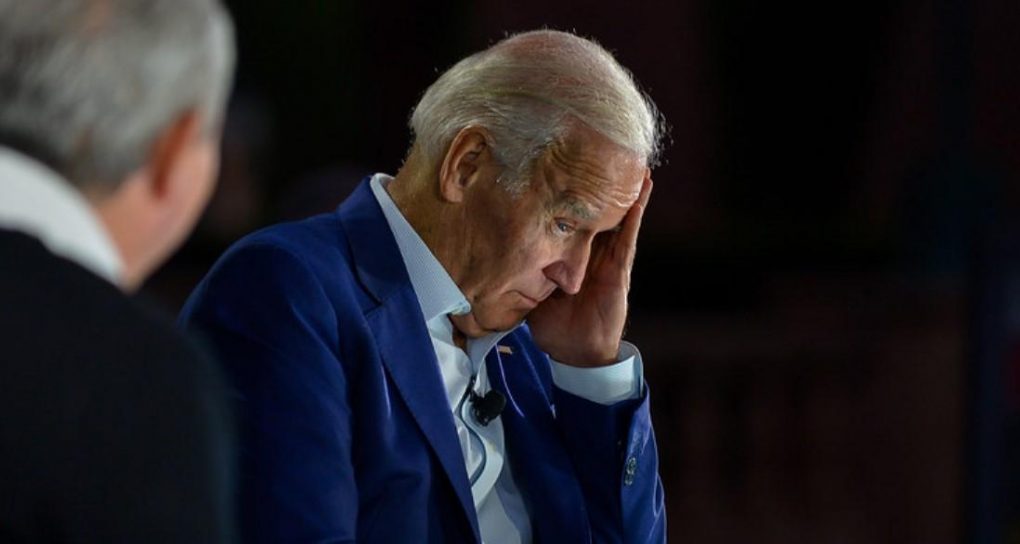
Listen to the Audio Mises Wireversionof this post.
March 31 provided us a statement on the American Jobs Plan, and April 28 saw President Joe Biden speak on it to the American people (well, roughly 8 percentof the American individuals). The objective of the law is the following:
While the American Rescue Plan is altering the course of the pandemic and delivering relief for working households, this is no time at all to build back to the way things were. This is the moment to reimagine and rebuild a new economy. The American Jobs Strategy is a financial investment in America that will produce countless excellent tasks, rebuild our country’s facilities, and position the United States to outcompete China. Public domestic investment as a share of the economy has fallen by more than 40 percent because the 1960s. The American Jobs Plan will purchase America in such a way we have actually not invested since we built the interstate highways and won the Space Race.
By increasing government spending, the Biden administration seeks to resolve facilities like highways, ports, and airports, in addition to the electrical grid and broadband web. For a longer list of the goals of the bill, read the full declaration here.
This move, naturally, will be lauded by lots of and contested by others. However it does not seem too much to presume that both sides will miss out on the primary issue with this costs. The Left will love it for its brave use of the state to enhance the lives of Americans, while the Right will abhor the costs given that it is not their preferred kind of huge government costs (how dare we invest completely excellent cash on infrastructure that could be used to murder innocent people in the Middle East?). What both sides stop working to acknowledge is the economic truth of any and all state actions, a reality mentioned to us by Murray Rothbard in his 1956 article, “Toward a Restoration of Energy and Well-being Economics.” In that short article, without needing to depend on a single ethical judgment, Rothbard concludes the apodictic benefits of the marketplace and the seasonal waste of federal government expense.
Rothbard starts his restoration with two scientific concepts: the unanimity rule and showed preference. In Rothbard’s words, Wilfredo Pareto’s Unanimity Guideline (reestablished by Lionel Robbins) states, “We can only say that ‘social well-being’ (or much better, ‘social utility’) has increased [sic] due to a modification, if no person is worse off due to the fact that of the modification (and a minimum of one is much better off).”
Shown preference is the idea that we can just understand anything about someone’s value scale by observing real decisions they make, generally in a market exchange. Any evaluation of somebody’s words would be psychological in nature and irrelevant for economics. With demonstrated choice, we can say that every voluntary exchange must ex ante apodictically lead to an increase in social utility, for every single exchange demonstrates a viewed expected benefit for both celebrations included. Whenever an exchange is restricted or mandated by the state, there must, definitionally, be some celebration that advantages and some party that is harmed, which makes it difficult to make any statement on total social utility provided the impossibility of comparing energy interpersonally. Furthermore, the presence of a harmed celebration means these actions break the unanimity guideline. We can with confidence conclude, then, that any federal government disturbance with exchanges can never be stated to increase social utility.
But the analysis does not stop there. All federal government action eventually rests on its power to impose taxes. Taxation, however, is nothing more than a coerced exchange in between the people and the state. Given this insight, not just can federal government interference never ever increase social utility, however no action a government might ever make could increase social energy.
All this results in the following 2 conclusions: (1) the free market constantly increases social utility, and (2) the federal government can never ever increase social energy. The primary problem with the American Jobs Strategy is now clear. It is not the fact that it calls for more costs on facilities and promoting allegedly green innovation, instead of, say, the military. Its problem is that it calls on the state to do anything at all. Biden’s require increased government action will do nothing more than waste our valuable limited resources. There is nothing proactive in the bill that can be stated to lead to a boost in social utility, and the restrictions it places on the free market will fail to cause a more prosperous society also. The plan is to limit the free market, the only mechanism efficient in promoting the basic well-being, and broaden the function of the government, an organization that can never ever promote the general welfare. A task well done, Mr. President.

